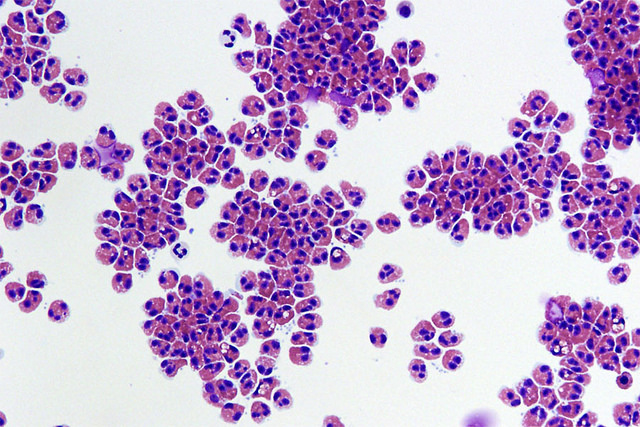There is continued debate as to whether a routine, early invasive strategy is superior to a conservative strategy for the management of unstable angina and myocardial infarction without ST segment elevation.
There is continued debate as to whether a routine, early invasive strategy is superior to a conservative strategy for the management of unstable angina and myocardial infarction without ST segment elevation. We enrolled 2220 patients with unstable angina and myocardial infarction without ST segment elevation who had electrocardiographic evidence of changes in the ST segment or T wave, elevated levels of cardiac markers, a history of coronary artery disease, or all three findings. All patients were treated with aspirin, heparin, and the glycoprotein IIb/IIIa inhibitor tirofiban. They were randomly assigned to an early invasive strategy, which included routine catheterization within 4 to 48 hours and revascularization as appropriate, or to a more conservative (selectively invasive) strategy, in which catheterization was performed only if the patient had objective evidence of recurrent ischemia or an abnormal stress test. The primary endpoint was a composite of death, nonfatal myocardial infarction, and rehospitalization for an acute coronary syndrome at six months.At six months, the rate of the primary endpoint was 15.9 percent with use of the early invasive strategy and 19.4 percent with use of the conservative strategy (odds ratio, 0.78; 95 percent confidence interval, 0.62 to 0.97; p = 0.025). The rate of death or nonfatal myocardial infarction at six months was similarly reduced (7.3 percent vs. 9.5 percent; odds ratio, 0.74; 95 percent confidence interval, 0.54 to 1.00; P < 0.05).In patients with unstable angina and myocardial infarction without ST segment elevation who were treated with the glycoprotein IIb/IIIa inhibitor tirofiban, the use of an early invasive strategy significantly reduced the incidence of major cardiac events. These data support a policy involving broader use of the early inhibition of glycoprotein IIb/IIIa in combination with an early invasive strategy in such patients.(Source: European Society of Cardiology: Acute Coronary Syndromes Trials)
All content and media on the HealthEngine Blog is created and published online for informational purposes only. It is not intended to be a substitute for professional medical advice and should not be relied on as health or personal advice. Always seek the guidance of your doctor or other qualified health professional with any questions you may have regarding your health or a medical condition. Never disregard the advice of a medical professional, or delay in seeking it because of something you have read on this Website. If you think you may have a medical emergency, call your doctor, go to the nearest hospital emergency department, or call the emergency services immediately.







